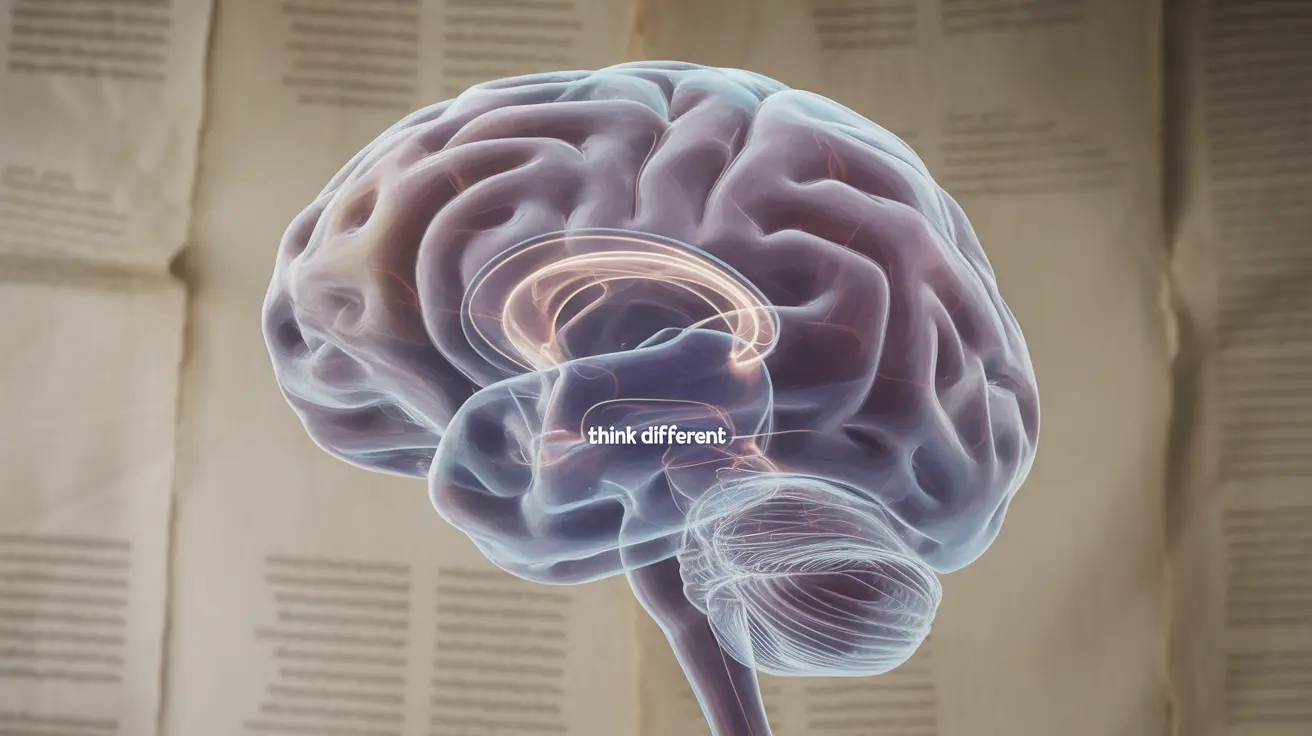Superstitions have been woven into the fabric of human culture for millennia, from avoiding black cats to carrying lucky charms. While many dismiss these beliefs as mere folklore, understanding their psychological impact and real-world effects offers fascinating insights into human behavior and mental well-being.
Modern research has begun to examine how these ancient beliefs influence our thoughts, actions, and overall mental health. This exploration reveals surprising connections between superstitious thinking and human psychology, challenging us to reconsider what we know about these age-old practices.
The Psychology Behind Superstitious Beliefs
Superstitious beliefs often emerge from our brain's natural tendency to find patterns and make connections, even where none exist. This pattern-seeking behavior, known as apophenia, helped our ancestors survive by identifying potential dangers and opportunities in their environment.
Research suggests that superstitions often arise during times of uncertainty or stress, serving as a psychological coping mechanism. When people feel they lack control over their circumstances, superstitious beliefs can provide a sense of structure and predictability in an otherwise chaotic world.
The Science of Superstition's Effects
Impact on Performance
Intriguingly, studies have shown that superstitious rituals can actually enhance performance in various tasks. Athletes who perform pre-game rituals often demonstrate improved focus and confidence. This improvement isn't due to any supernatural forces but rather to the psychological benefits of familiar routines and increased self-belief.
Neurological Response
Brain imaging studies have revealed that engaging in superstitious behaviors can activate regions associated with reward and emotion regulation. This activation can lead to reduced anxiety and increased feelings of control, explaining why many people find comfort in their superstitious practices.
The Double-Edged Sword of Superstitious Thinking
While some superstitions can provide psychological benefits, excessive reliance on them may lead to negative outcomes. When superstitious beliefs begin to interfere with rational decision-making or cause significant anxiety, they can become problematic for mental health and daily functioning.
Positive Aspects
- Enhanced sense of control in uncertain situations
- Potential performance improvements through increased confidence
- Social bonding through shared cultural beliefs
- Stress reduction in challenging circumstances
Potential Drawbacks
- Interference with logical decision-making
- Excessive anxiety about breaking superstitious rules
- Avoidance of beneficial opportunities due to supernatural fears
- Financial or emotional investment in ineffective practices
Frequently Asked Questions
Are superstitions based on any scientific evidence or factual reality?
While superstitions themselves lack scientific evidence supporting their supernatural claims, research shows they can have real psychological and behavioral effects. The benefits come from the belief itself rather than any magical properties.
How do superstitions affect a person's confidence and performance in daily life?
Superstitious beliefs can boost confidence and performance by providing a sense of control and routine. Studies have shown that people who engage in "lucky" rituals often perform better at tasks, primarily due to increased self-confidence and reduced anxiety.
Can believing in superstitions be harmful to mental health or decision-making?
Excessive reliance on superstitions can negatively impact mental health and decision-making when it leads to irrational fears, avoidance behaviors, or the inability to make logical choices. However, moderate superstitious beliefs generally don't cause significant harm.
Why do people continue to believe in superstitions even though they are irrational?
People maintain superstitious beliefs because they provide psychological comfort, a sense of control, and can be deeply ingrained in cultural identity. The human brain's pattern-seeking nature and desire for control in uncertain situations reinforce these beliefs.
How can superstitions help reduce anxiety or provide a sense of control during uncertain times?
Superstitions can act as coping mechanisms during stressful periods by providing structured routines and a feeling of influence over outcomes. This psychological benefit can help reduce anxiety and create a sense of predictability in unpredictable situations.




